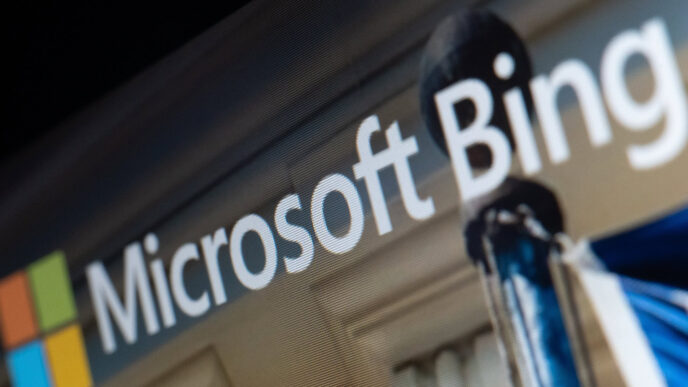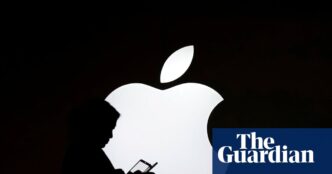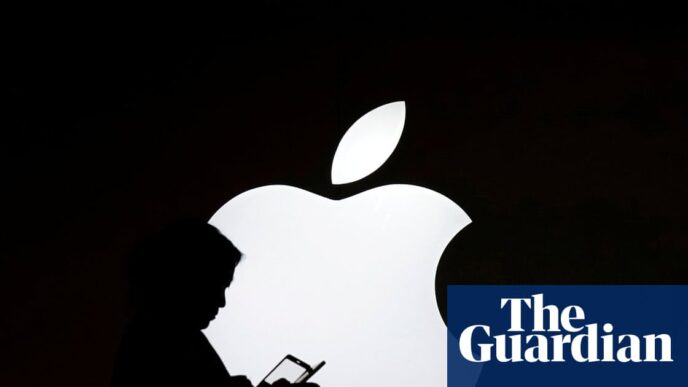Microsoft research says blue-collar jobs are mostly safe from AI disruption.
The company analyzed 200,000 anonymized US conversations with its AI assistant, Bing Copilot, from Jan to Sept 2024. They tracked what tasks users asked AI to do versus what AI actually did. Most of the AI help focused on info gathering, writing, and communication.
Jobs like translators, historians, writers, and sales reps are at high risk. But roles that involve hands-on physical work—dishwashers, massage therapists, roofers, maids—barely used AI. That means these blue-collar jobs face the least AI threat.
A recent Gallup report backs this up. AI use jumped among white-collar workers—from 15% in 2024 to 27% in 2025. Tech, finance, and professional services lead AI adoption. Meanwhile, production and frontline workers stayed flat, hovering around 10%.
Microsoft’s study focused on language models, noting other AI types might impact manual labor jobs like truck driving. Still, experts say many blue-collar jobs require complex, varied skills that robots can’t easily match.
Ravin Jesuthasan, future of work expert, told CNBC Make It:
“AI has really transformed white collar work and the skills premiums are shrinking dramatically.”
“People need to upskill and reskill at real scale and speed.”
“If I’m a plumber, we’re a long, long way from a machine being able to replace me… So there is a lot more stability.”
Here are the 10 jobs with the lowest AI exposure, per Microsoft:
- Phlebotomists
- Nursing assistants
- Hazardous materials removal workers
- Helpers, painters, plasterers
- Embalmers
- Plant and system operators
- Oral and maxillofacial surgeons
- Automotive glass installers and repairers
- Ship engineers
- Tire repairers and changers
Jesuthasan also said blue-collar work has become more tech-heavy and attractive to younger workers:
“Two things: One is they [blue-collar jobs] are growing in demand, they’re a lot more stable. But also they are increasingly requiring a lot more technological knowledge…”
“The manufacturing job that in the past was grimy and dirty and grungy is now actually one that pays incredibly well because it’s a much more technical role.”
The data paints a clear picture: AI disrupts white-collar work fast. Blue-collar jobs? Much safer—for now.














